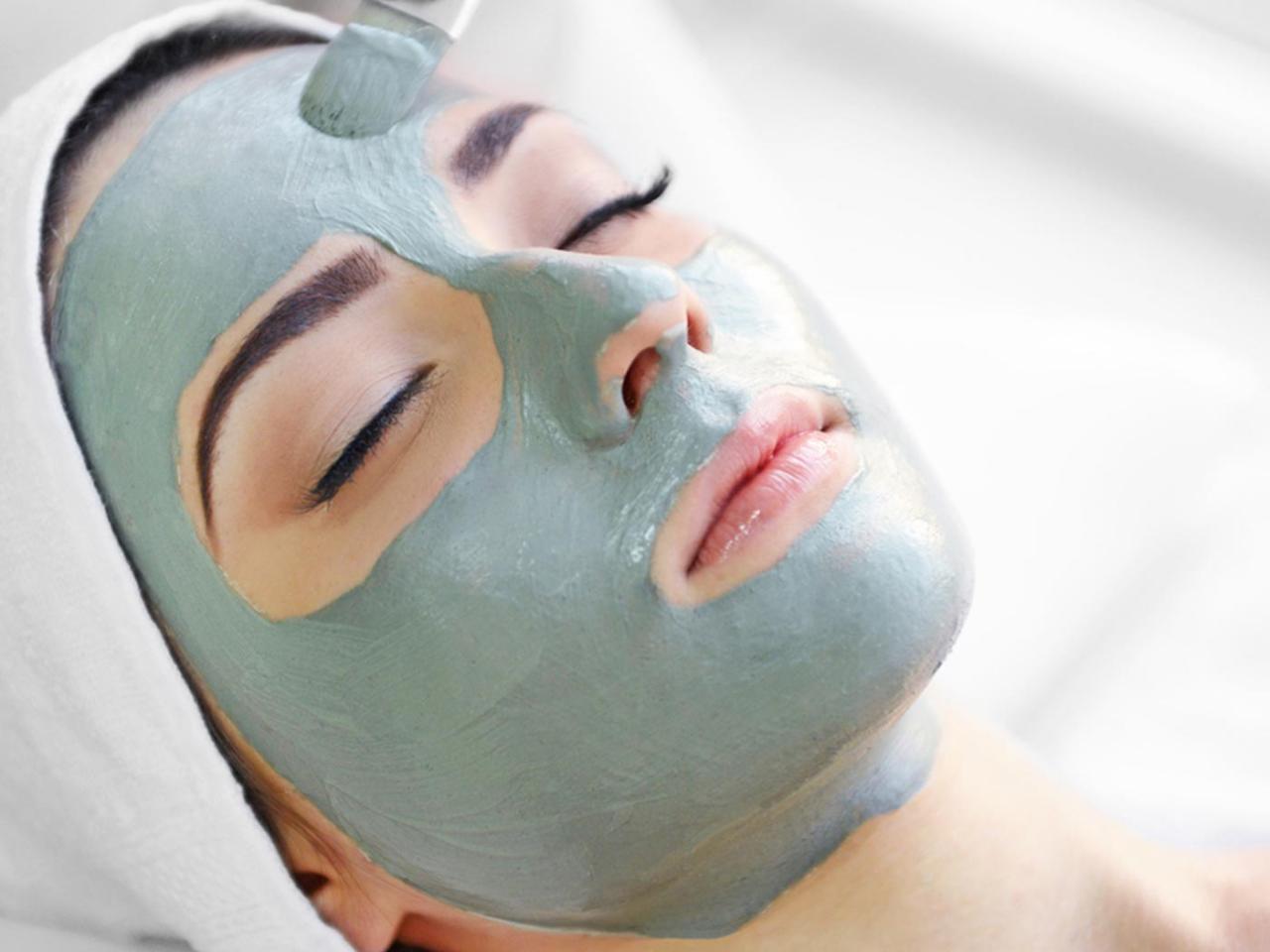In a world filled with endless skincare products promising glowing skin, sometimes the answer lies in a simpler, more natural approach. DIY face masks are a fun and affordable way to rejuvenate your complexion, using ingredients you likely already have on hand in your kitchen. Say goodbye to dull, lackluster skin and hello to a radiant, glowing complexion with these simple recipes that will leave you feeling pampered and refreshed.

Natural Ingredients for Radiant Skin
Want to achieve glowing skin without breaking the bank? Look no further than your kitchen cabinets for some all-natural ingredients that will leave your skin looking radiant and refreshed. DIY face masks are a great way to pamper yourself while also nourishing your skin with the goodness of Mother Nature.
Try mixing up a rejuvenating face mask using ingredients like lemon juice for brightening, honey for hydration, and oatmeal for gentle exfoliation. This simple yet effective mask will leave your skin feeling smooth and looking luminous.
For those with oily or acne-prone skin, a mask made with green tea for its antibacterial properties, aloe vera for soothing inflammation, and clay for absorbing excess oil could be the perfect solution. Say goodbye to blemishes and hello to a clear, glowing complexion.
DIY Face Mask Recipes for Different Skin Types
Discover the perfect DIY face mask recipes to achieve glowing skin based on your specific skin type. Whether you have oily, dry, combination, or sensitive skin, there’s a homemade mask that will leave your skin radiant and refreshed.
For oily skin, try a green tea and honey mask to balance oil production and reduce inflammation. If you have dry skin, a avocado and yogurt mask can provide deep hydration and nourishment. Combination skin types can benefit from a clay and rosewater mask to clarify and tone the skin.
If you have sensitive skin, opt for a oatmeal and honey mask to soothe and calm any redness or irritation. These easy-to-make masks use simple ingredients that can be found in your kitchen, making it convenient and cost-effective to achieve glowing skin at home.
Tips for Applying and Removing Face Masks
Once you’ve made your DIY face mask for glowing skin, it’s important to know the best tips for applying and removing it to maximize its benefits. Follow these simple steps to ensure your skin gets the most out of your homemade mask:
- Start with a clean face: Before applying the mask, make sure your face is clean and free of any makeup or dirt. This will allow the mask to penetrate your skin more effectively.
- Apply the mask evenly: Use a brush or your fingers to apply the mask evenly across your face, avoiding the delicate eye area. Make sure to cover all areas that you want to target.
- Relax and let it sit: Once the mask is applied, sit back and relax for the recommended time. This will give the ingredients in the mask time to work their magic on your skin.
When it comes time to remove your face mask, follow these tips to do so effectively and gently:
- Use lukewarm water: Rinse off the mask with lukewarm water, using gentle circular motions to help remove it without being too abrasive on your skin.
- Pat dry: After rinsing off the mask, gently pat your face dry with a clean towel. Avoid rubbing your skin, as this can cause irritation.
- Moisturize: Finish off your skincare routine by applying a nourishing moisturizer to lock in the benefits of the mask and keep your skin hydrated.
Benefits of Regularly Using Homemade Face Masks
Regularly using homemade face masks can do wonders for your skin. Not only are they natural and free from harmful chemicals, but they are also customizable to suit your skin’s specific needs. Homemade face masks are a great way to pamper yourself and achieve that coveted glowing skin.
One of the benefits of using homemade face masks is that they can help to unclog pores and prevent acne breakouts. Ingredients like honey, yogurt, and avocado are known for their antibacterial properties, which can help to clear up blemishes and keep your skin looking clear and healthy.
Another advantage of DIY face masks is that they can help to hydrate and nourish your skin. Ingredients like coconut oil, oatmeal, and aloe vera are all great for moisturizing and soothing dry skin. By incorporating these ingredients into your face masks, you can achieve a radiant and glowing complexion.
In conclusion, incorporating DIY face masks into your skincare routine can be a fun and effective way to achieve glowing skin. With simple ingredients found in your kitchen, you can create a personalized mask that caters to your skin’s needs. So why not treat yourself to a pampering session and give these DIY face masks a try? Your skin will thank you for it!

